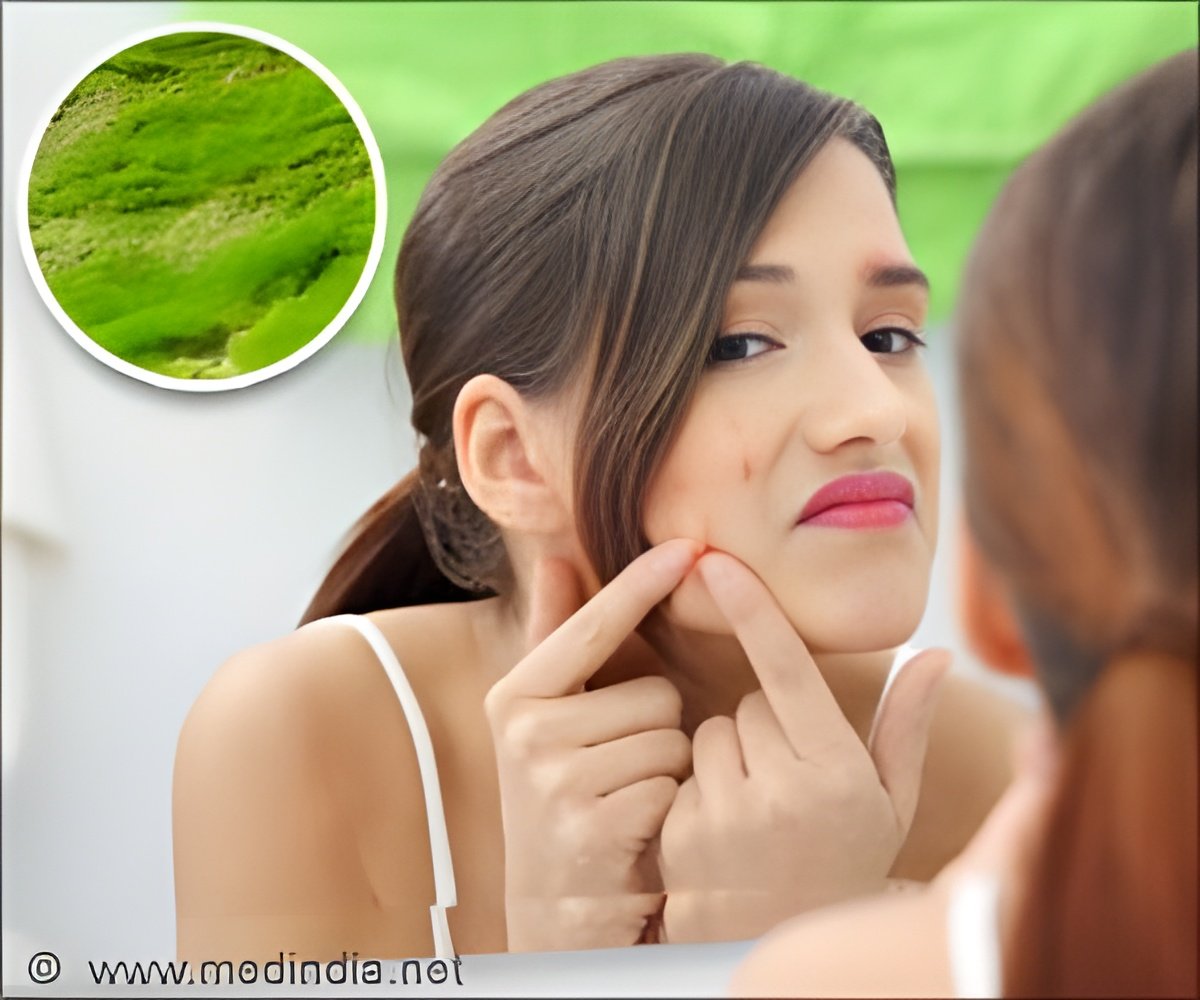The unique properties of two different types of cells, known as fibroblasts, in the skin were identified by scientists at King's College London.

The study found that the quantity of these fibroblasts can be increased by signals from the overlying epidermis and that an increase in fibroblasts in the upper layer of the skin results in hair follicles forming during wound healing. This could potentially lead to treatments aimed at reducing scarring.
Professor Fiona Watt, lead author and Director of the Centre for Stem Cells and Regenerative Medicine at King's College London, said: 'Changes to the thickness and compostion of the skin as we age mean that older skin is more prone to injury and takes longer to heal. It is possible that this reflects a loss of upper dermal fibroblasts and therefore it may be possible to restore the skin's elasticity by finding ways to stimulate those cells to grow. Such an approach might also stimulate hair growth and reduce scarring.
'Although an early study, our research sheds further light on the complex architecture of the skin and the mechanisms triggered in response to skin wounds. The potential to enhance the skin's response to injury and ageing is hugely exciting. However, clinical trials are required to examine the effectiveness of injecting different types of fibroblasts into the skin of humans.'
Dr Paul Colville-Nash, Programme Manager for Regenerative Medicine at the MRC, said: 'These findings are an important step in our understanding of how the skin repairs itself following injury and how that process becomes less efficient as we age. The insights gleaned from this work will have wide-reaching implications in the area of tissue regeneration and have the potential to transform the lives patients who have suffered major burns and trauma.'
Source-Eurekalert
 MEDINDIA
MEDINDIA



 Email
Email




